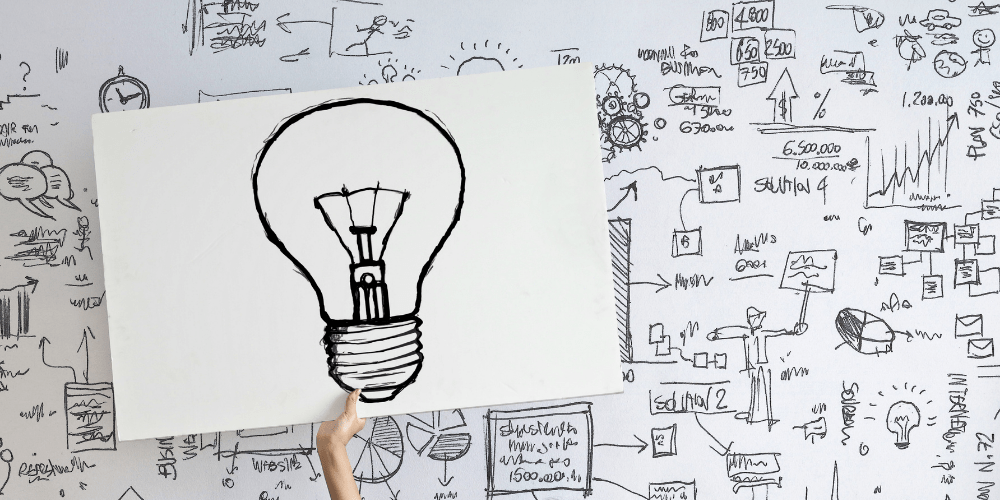From Confrontation to a Change in Attitude
by Jill Iggulden Stevens | Conscious Living, Good Reads, Print Articles, Summer 2021, Thought Leaders
“It’s more important than ever to keep an open mind and challenge our perceptions, opinions and – often subconscious – biases. I always try to remember that all of our thoughts and choices are shaped by our own experiences, emotions and surroundings.” Richard Branson
Whether or not the reader is familiar with Lewis Carrol’s whimsical poem, published in ‘Through the Looking Glass and What Alice Found There’ 150 years ago, matters not. The opening verse came to me with a chuckle on waking after an introspective self-analysis prompted by a verbal confrontation I had had the previous night with a fellow resident in the foyer of the sectional title block where we both live.
Everyone, on entering the building – including residents – is expected to abide by the Covid-19 safety house rules which require us to keep our masks on, practise social distancing, sanitise our hands and have our temperatures taken by the security guard on duty.
I automatically go through this pandemic ritual, which takes at the most a couple of minutes. While I was having my temperature taken, I noticed that a resident, who had just entered the building, was heading straight for the lift. I verbally accosted her and reminded her to follow the mandatory ruling. Somewhat taken aback, she said “since when” but nevertheless reluctantly proceeded to comply.
While sanitising her hands, she looked at me and said, defiantly: “You’re over reacting.” I left it at that and thought no more about it until the following morning. My ‘inner voice’, must have been working overtime during the night, because I woke up with a chuckle on hearing its message to the conscious me:
‘The time has come,’ the Walrus said,
‘To talk of many things:
Of shoes — and ships — and sealing-wax —
Of cabbages — and kings —
And why the sea is boiling hot —
And whether pigs have wings.’
The Walrus and The Carpenter, Lewis Carroll December, 1871
It occurred to me that not only had my fellow resident probably been right but her caustic comment made me realise that – at times – I tended to take myself too seriously, in the belief that I was being helpful. Perhaps, the ‘time had come’ to lighten up, to stop behaving like an unofficial watchdog.
I opened the window and for the first time in many months saw a beautiful clear blue sky. I watched the birds flying overhead and the Atlantic rollers breaking on to the rocks below the promenade. Lewis Carroll’s poem kept replaying in my mind – especially the unfortunate fate of the gullible (pun intended) little oysters, who like so many of us, are lured by tempting promises, while allowing subtle warnings to elude us.
Fast forward 150 years to the 21st Century. We all have our Walruses and our Carpenters, but live in a totally different reality. Caught between the paradoxical world of quantum mechanics and time-honoured Newtonian physics, we are able to enjoy the fruits of mind-boggling nanotechnology which enables even a three-year old to speak to granny on the other side of the world using mummy’s mobile phone.
Everything that is – emanates from the zero point field of vibrations. Vibrations manifest through the electromagnet frequencies of our thoughts, which we are able to perceive through our limited senses as touch, sound, smells, taste and sight. Unless we ourselves are cutting edge scientists, we are not aware of this and cannot comprehend why Buddhists claim that reality as we know it is simply and illusion. So what have these facts got to do with our everyday lives? Why are they important?
The way in which we interpret a situation is dependent on our past experience, our beliefs, cultural values and corresponding attitudes. No two individuals share the same perspective from which they normally interpret a perceived event. And, as Richard Branson notes, our thoughts and choices are shaped by our own experiences, emotions and surroundings.
In my case, on recognising that I was taking myself too seriously, I know that I need to change my attitude when faced with situations which conflict with my personal value system.
Recently I received two seriously despondent messages, one from my nephew suffering from anxiety attacks as he realised that he was losing the ability to continue working with his hands in a job he loved. The other from a young friend, who had been retrenched and was desperate to find some happiness in her life. “Where can I run to, to find happiness,” she asked. “It’s depressing not to be able to live life freely.”
The answer to her plea is that one cannot ‘look’ for happiness. Happiness is a state of mind. Instead of looking for happiness, it helps to focus on living in the present. Focus on the positive side of the current situation and be grateful – truly grateful. FEEL the emotion of being grateful and it is sure to raise a smile.
My nephew, familiar with aspects of Taoist philosophy, thanked me for my response which is one that I find most helpful when all seems to be falling apart. If we are not in a position to change our situation, we need to be patient and, when the time is right, we’ll find that what is happening is part of the yin yang cycle. Our problems will dissolve and we’ll find that the downside was a stepping stone to a valuable alternative which we would have missed if we had ‘pushed’ against the river instead of going with the flow. Synchronistic events tend to point the way so we need to be aware of these unexpected coincidences. We need to forget the problems over which we have no control and, in a positive frame of mind, ‘KNOW that the universe is working on something for greater good’.
The Writer and the Scientist
Met for a virtual tea,
The time has come the Writer said,
To figure out the key
For coping with pandemics
Enhanced by how we pray.
No problem said the Scientist
Our thoughts will clear the way.
To help us cope with changing norms
And welcome each new day.
Change your thinking and you change your experience.
Bon Voyage,
Jill.


